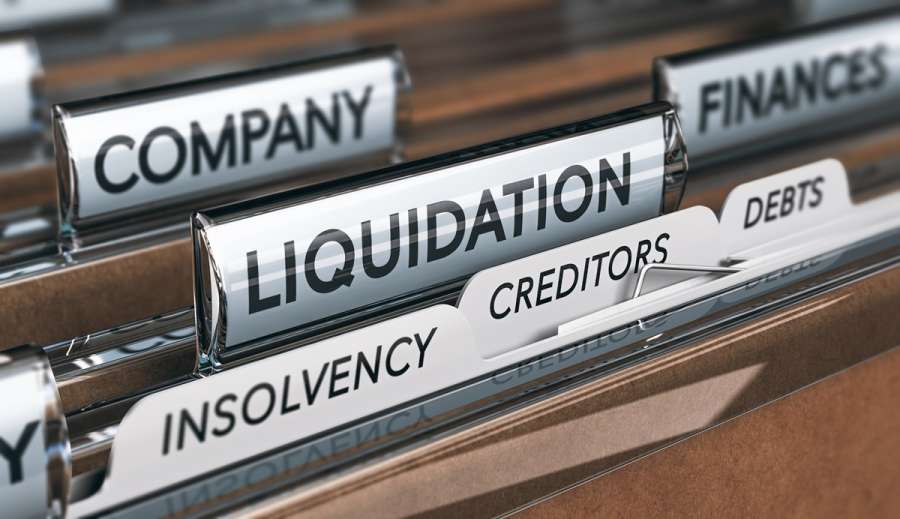A members’ voluntary liquidation (MVL) is a process used to wind up a solvent company in the UK. In this process, the members (also known as shareholders) decide to liquidate the company voluntarily.
This typically happens when the company has fulfilled its purpose and has no further need to operate but still has assets that can be distributed to shareholders.
MVLs are often used when the business owners wish to retire and have not been able to sell the business as a going concern.
One key advantage of an MVL is that distributions to shareholders are taxed under Capital Gains Tax (CGT) rather than income tax.
In the Autumn Budget, the Chancellor announced that the lower rate of CGT will increase from 10% to 18% and the higher rate of CGT will increase from 18% to 24%. These new rates will apply from 30 October 2024.
Increasing these rates will clearly affect the benefits of MVLs, although the impact is perhaps not as bad as some had feared, given the speculation that the Chancellor was going to raise CGT rates so that they matched income tax rates.
Another point to consider in MVLs is the Chancellor’s announcement regarding Business Asset Disposal Relief (BADR). BADR is designed to reduce the amount of CGT payable when a business is sold or disposed of.
BADR allows qualifying businesses to pay a reduced CGT rate on gains, rather than at the standard rate.
The lifetime limit on the amount of gains that can qualify for BADR, which the Chancellor has announced will remain unchanged at £1 million, will increase from 10% to 14% from 6 April 2025 and from 14% to 18% from 6 April 2026.






